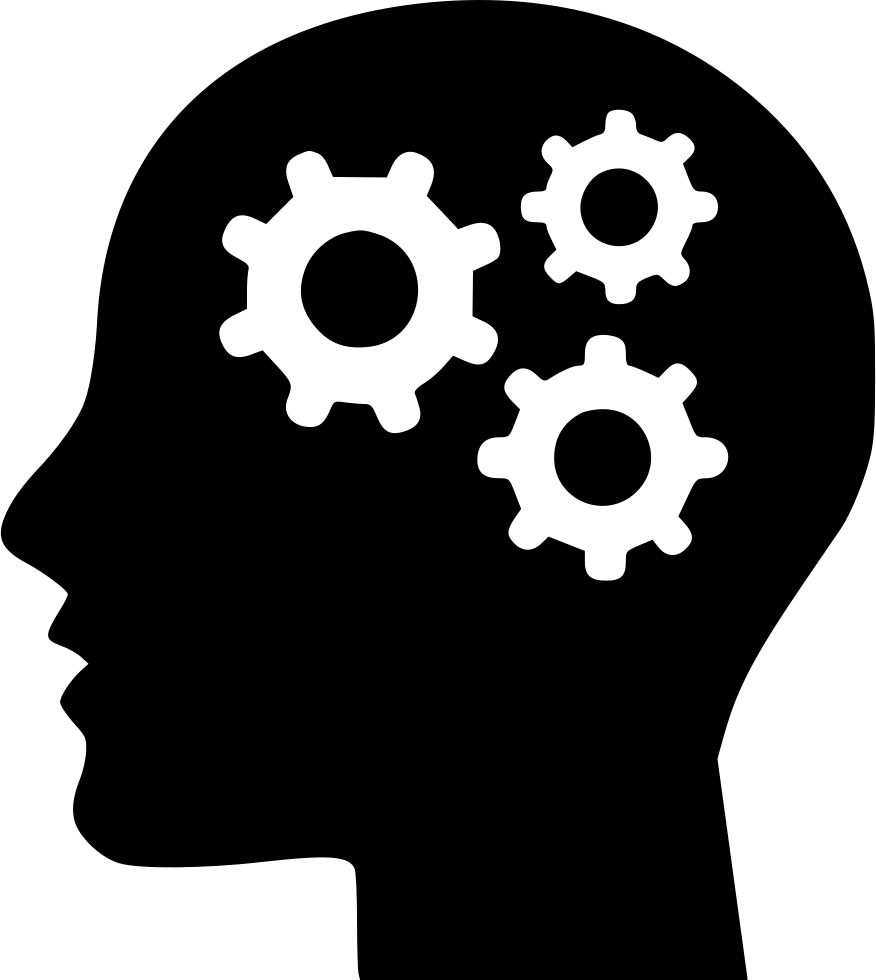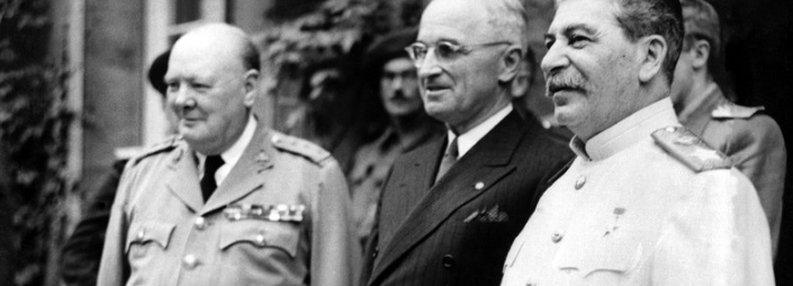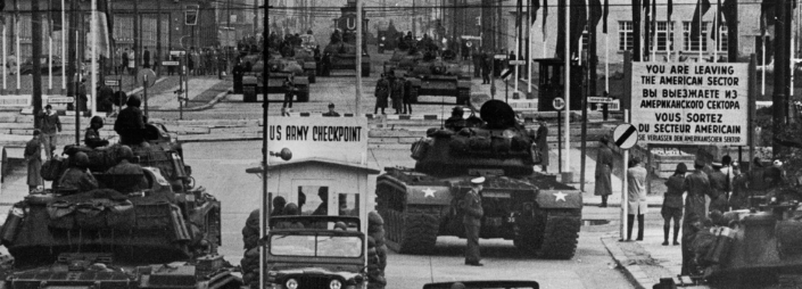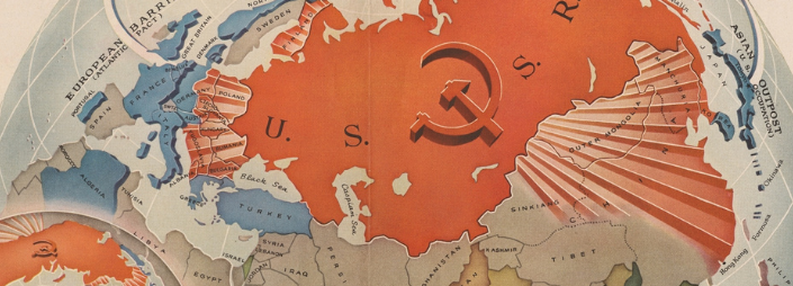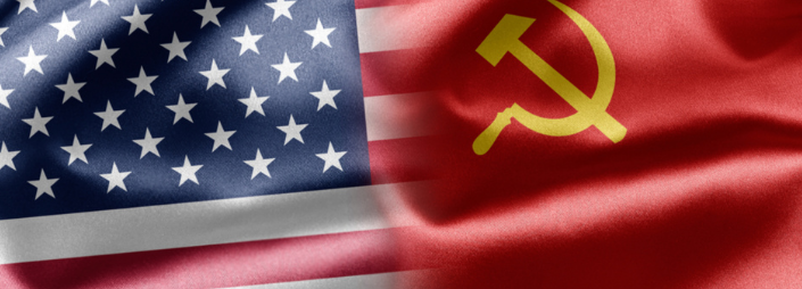Unit Outline
Traditionally, history teaching has often focused on the political and military changes that took place in the Cold War. Yet the IBDP History course also requires students to understand how leaders, crises and nations were all affected by, and in turn affected, the wider Cold War. This necessitates taking a more comparative approach. Comparing and contrasting different case studies of leaders, crises and nations enables us to draw out variations in how the Cold War operated.
This unit also focuses on the actions of individual leaders and groups below the state-level. Examining domestic politics enables historians to explore how history can operate 'from below' and how state level processes could affect the wider Cold War. In doing so, this will help you to understand the Cold War as a more fluid system of power politics than previously thought. The statement of inquiry for this unit is therefore:
This unit also focuses on the actions of individual leaders and groups below the state-level. Examining domestic politics enables historians to explore how history can operate 'from below' and how state level processes could affect the wider Cold War. In doing so, this will help you to understand the Cold War as a more fluid system of power politics than previously thought. The statement of inquiry for this unit is therefore:
|
STATEMENT OF INQUIRY
Global conflicts and crises can provide both opportunities and challenges to the agency of individual leaders and nations
GLOBAL CONTEXT
Identities and Relationships (Personal efficacy and agency; attitudes, motivation, independence; happiness and the good life) - Students will explore identity; beliefs and values; personal, physical, mental, social and spiritual health; human relationships including families, friends, communities and cultures; what it means to be human.
KEY HISTORY CONCEPT
Perspective - IB students should be aware of how history is sometimes used or abused to retell and promote a grand narrative of history, a narrowly focused national mythology that ignores other perspectives, or to elevate a single perspective to a position of predominance. Students are encouraged to challenge and critique multiple perspectives of the past, and to compare them and corroborate them with historical evidence. Students should recognize that for every event recorded in the past, there may be multiple contrasting or differing perspectives. Using primary-source accounts and historians’ interpretations, students may also investigate and compare how people, including specific groups such as minorities or women, may have experienced events differently in the past. In this way there are particularly strong links between exploring multiple perspectives and the development of international-mindedness.
RELATED HISTORY CONCEPT(S)
Conflict - Conflict can develop from inequalities in distribution of power and may manifest itself in many forms: protracted disagreements or arguments; prolonged armed struggles; clashes of opposing feelings or needs; serious incompatibilities between two or more opinions, principles, or interests. Historians study conflict between individuals and societies over time and across place and space, and they also examine how conflicts can be sources of continuity and catalysts for change.
|

